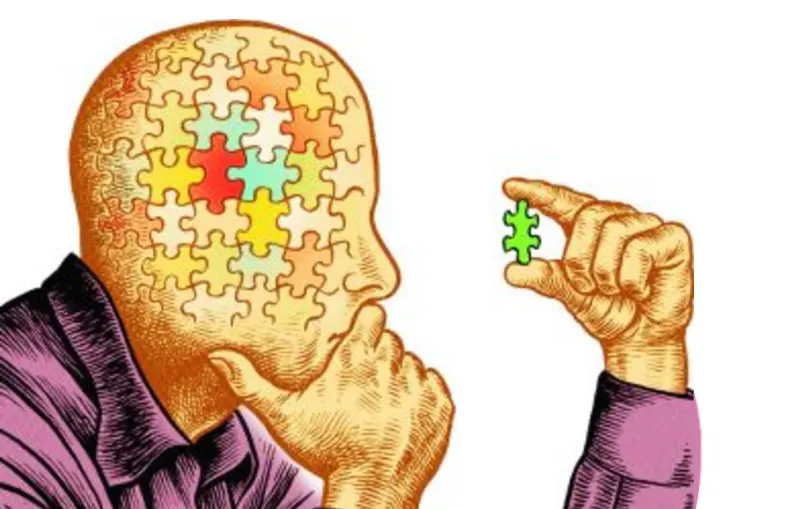Author: Samar Barakeh
Introduction
With an increasing emphasis on student-centered learning, the United Arab Emirates has made a substantial effort to reform its education sector (both public and private) to move from rote-memorization of facts towards a skill-based system that prepares students to thrive in the 21st century.
The skill-based system has positively impacted the assessment approaches and has introduced skill-based assessments that are used to measure students’ progress towards a specific set of skills that is deemed important in a subject area.
In skill-based assessments, students are assigned tasks that require them to apply their knowledge and skills in real world scenarios.
This blog explores the UAE’s vision towards providing world-class education and how that includes the assessment practices. It provides an overview of the recent international skill-based assessment scores which are the PISA-UAE scores 2022. By analyzing the UAE PISA scores 2022, we will identify the challenges to the current assessment practices in UAE schools that has led students to underperform in international skill-based assessments and will provide solutions towards a more sustainable skill-based assessment system.
In 2014, H.H. Sheikh Mohammed Bin Rashid Al Maktoum, Vice President and Prime Minister of the UAE and Ruler of Dubai, initiated the UAE National Agenda to achieve the UAE Vision 2021.
“Education is a particularly important focus of the UAE National Agenda as it includes eight objectives that should lead the UAE to being among the most successful countries in providing world-class education. These objectives target important areas in education related to students, teachers, and school leaders.” (MOE, 2014) Two of these objectives are directly linked to international assessments and particularly skill-based assessments, PISA and TIMSS.
“PISA is the OECD’s Programme for International Student Assessment. PISA measures 15-year-olds’ ability to use their reading, mathematics and science knowledge and skills to meet real-life challenges.” OECD (1997) The test is conducted every 3 years.
“TIMSS stands for Trends in International Mathematics and Science Study that include scenario-based problem solving and inquiry tasks for grade 4 and 8 students.” OECD (1997) The test is conducted every 4 years.
National Agenda objectives that are assessment-related:
PISA: to be among the 20 highest performing countries in PISA and
TIMSS: to be among the 15 highest performing countries in TIMSS.
Overview of UAE student performance results in PISA 2022
PISA 2022 has updated the framework for assessing Mathematics compared to the previously conducted PISA tests, and assessed the following skills in Math: reasoning, formulating situations mathematically, employing situations mathematically, interpreting, applying, and evaluating mathematical outcomes.
The updated framework focused on skill-based assessment in Math, while the reading and science assessments remained skill-based just as the previous assessment cycles.
The results listed below illustrate the UAE student performance in PISA 2022 that are published by the OECD ilibrary released on December 5th, 2023.
In mathematics, the main topic of PISA 2022, 15-year-olds score 431 points compared to an average of 472 points in OECD countries.
On average, 15-year-olds score 417 points in reading compared to an average of 476 points in OECD countries.
In United Arab Emirates, the average performance in science of 15-year-olds is 432 points, compared to an average of 485 points in OECD countries.
As clearly illustrated in the PISA performance overview, the students in the UAE are still in the process of developing proficiency towards skill-based assessments. The underlying challenge towards that is the gap between the assessments designed in schools and the international skill-based assessments that are more aligned with the skill-based education to prepare 21st century citizens.
The assessments designed in the schools require students to provide only limited responses, which do not clearly reveal student’s specific needs and therefore do not allow for targeted feedback. The examinations also do not assess the students’ ability to apply the skills and the knowledge acquired to real-life scenarios which limits the use of higher order thinking skills.
Conclusion:
The current assessment practices in UAE schools provide multiple opportunities for students’ success through the continuous tracking of students’ acquisition of concepts. However there needs to be a focus on skill-based assessments to meet the needs of a 21st century classroom that has shifted the curriculum focus from memorization and understanding of facts to the application of skills. This will require introducing training courses in schools that target designing assessments with higher cognitive reasoning skills such as logical reasoning and evaluation of the information.
References:
https://www.moe.gov.ae/Ar/ImportantLinks/Inspection/PublishingImages/frameworkbooken.pdf
OECD (2023), PISA 2022 Results (Volume I): The State of Learning and Equity in Education, PISA, OECD Publishing, Paris, https://doi.org/10.1787/53f23881-en.



